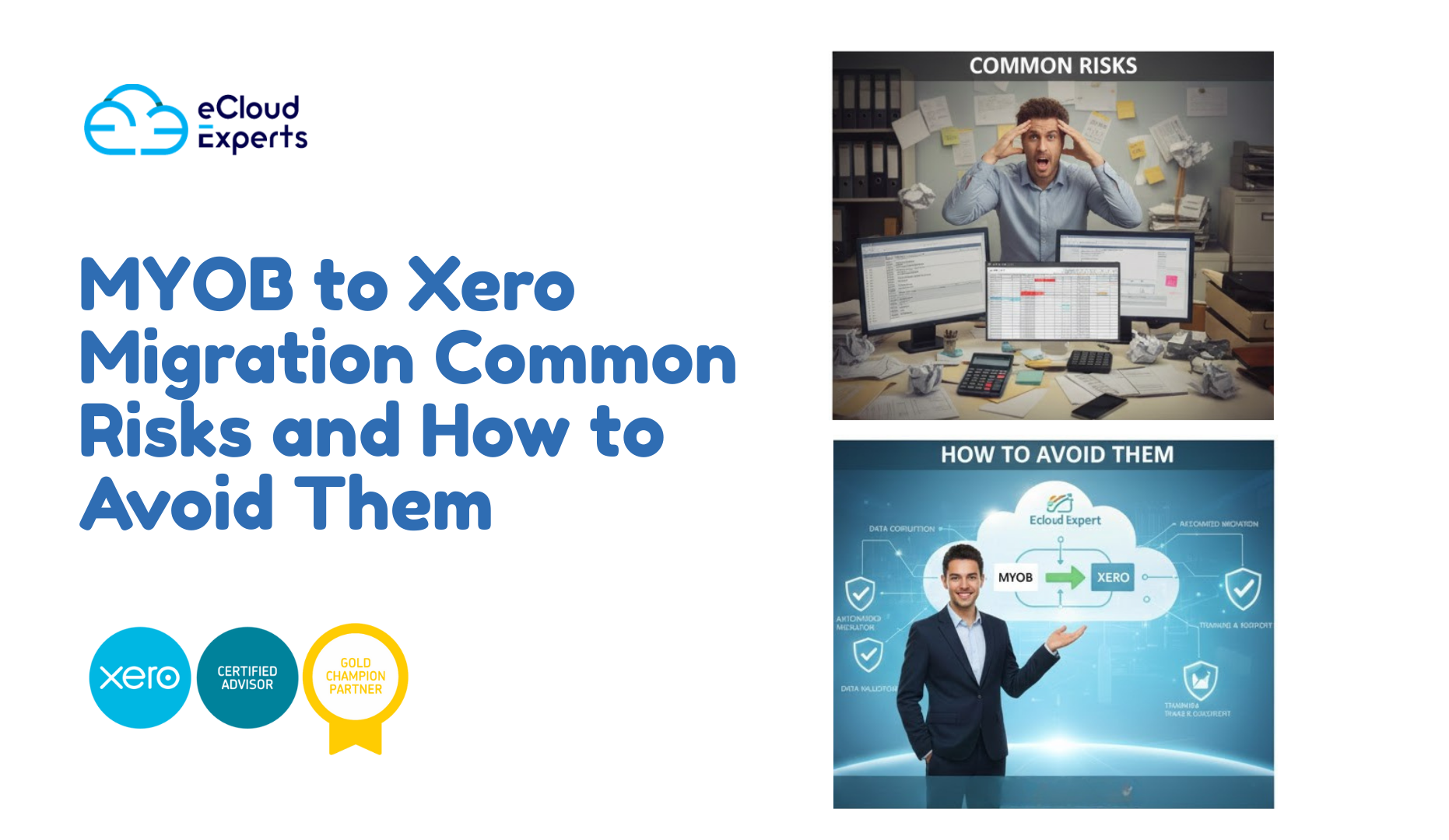In the dynamic landscape of eCommerce, where online transactions and sales are the norm, traditional accounting methods may fall short. The unique complexities of eCommerce, including inventory management, sales tax compliance, and multi-channel sales, necessitate a specialized approach. This is where a dedicated eCommerce accountant becomes invaluable.
An eCommerce accountant brings a deep understanding of the unique challenges and opportunities faced by online businesses. They are equipped to handle the complexities of inventory management, ensuring accurate stock levels and preventing stock outs or overstocking. Additionally, they stay up-to-date with the ever-changing sales tax laws and regulations, ensuring compliance and avoiding penalties.
Moreover, eCommerce accountants are experts in managing multi-channel sales, integrating data from various sales channels into a unified accounting system for comprehensive financial reporting. This enables businesses to gain valuable insights into their sales performance across different platforms and make data-driven decisions.
In essence, a dedicated eCommerce accountant is a strategic partner that can help businesses navigate the complexities of the online marketplace and maximize their financial success.
The Unique Challenges of eCommerce Accounting
Unlike traditional businesses, eCommerce businesses face a distinct set of accounting challenges that stem from the unique nature of their operations. Inventory management, for instance, is more complex due to the constant fluctuations in stock levels, potential returns, and the need to track inventory across multiple locations or warehouses. Additionally, the global nature of eCommerce can complicate sales tax compliance, as businesses may need to collect and remit sales tax in multiple jurisdictions, depending on the location of the customer and the nature of the product or service. The integration of multiple sales channels, such as online marketplaces, social media platforms, and direct-to-consumer websites, further complicates the accounting process, as businesses must track sales and revenue from various sources and ensure that all transactions are accurately recorded and reported.
The Role of a Dedicated eCommerce Accountant
A dedicated eCommerce accountant provides tailored solutions to these challenges. They possess a deep understanding of the eCommerce landscape and can offer expert guidance on:
- Inventory Management: Implementing effective inventory tracking systems to ensure accurate stock levels and prevent stockouts or overstocking.
- Sales Tax Compliance: Staying updated with the latest sales tax laws and regulations to avoid penalties and fines.
- Multi-Channel Accounting: Integrating data from various sales channels into a unified accounting system for comprehensive financial reporting.
- Financial Reporting: Preparing accurate and timely financial statements to track business performance, identify trends, and make informed decisions.
- Tax Planning: Optimizing tax strategies to minimize tax liabilities and maximize profitability.
How a Specialized Accountant Can Help Grow Your eCommerce Business
By addressing the specific accounting needs of eCommerce businesses, a dedicated accountant can contribute significantly to growth and success. They can:
- Improve Financial Efficiency: Streamline accounting processes, reduce errors, and enhance overall financial efficiency. This can lead to cost savings and increased profitability. For example, an accountant can help identify and eliminate unnecessary expenses, optimize inventory management, and improve cash flow.
- Enhance Decision Making: Provide valuable insights and analysis to support strategic decision-making. An accountant can prepare detailed financial reports, analyze trends, and identify potential risks and opportunities. This information can help businesses make informed decisions about investments, pricing, marketing, and other strategic initiatives.
- Optimize Cash Flow: Manage cash flow effectively to ensure sufficient funds for operations and growth. An accountant can help businesses develop cash flow forecasts, identify potential cash flow bottlenecks, and implement strategies to improve cash flow. This can help businesses avoid financial difficulties and seize growth opportunities.
- Scale Business Operations: Offer guidance on financial planning and budgeting for expansion. As an eCommerce business grows, its financial needs become more complex. An accountant can help businesses develop financial plans, create budgets, and secure financing to support expansion. This can help businesses achieve their growth objectives and maintain financial stability.
The Role of Xero in eCommerce Accounting
Xero, a cloud-based accounting software, has gained popularity among eCommerce businesses due to its user-friendly interface and integration capabilities. It simplifies many accounting tasks, such as invoicing, expense tracking, and bank reconciliation. When combined with the expertise of a dedicated eCommerce accountant, Xero can become a powerful tool for managing finances and driving growth.
Xero eCommerce Accounting In conclusion, a dedicated eCommerce accountant is a crucial asset for any online business. Their specialized knowledge and skills can help navigate the complexities of eCommerce accounting, optimize financial performance, and support sustainable growth. By partnering with a qualified accountant and leveraging tools like Xero, eCommerce businesses can lay a strong foundation for long-term success.
Additional Considerations:
- Fraud Prevention: eCommerce businesses are particularly vulnerable to fraud. A dedicated accountant can help implement measures to prevent and detect fraudulent activities.
- Financial Forecasting: Accurate financial forecasting is essential for planning and growth. An accountant can help develop reliable financial models.
- Compliance with Regulations: eCommerce businesses must comply with various regulations, including data privacy laws and consumer protection regulations. An accountant can ensure compliance with these regulations.
By addressing these additional considerations, a dedicated eCommerce accountant can provide even greater value to your business.








